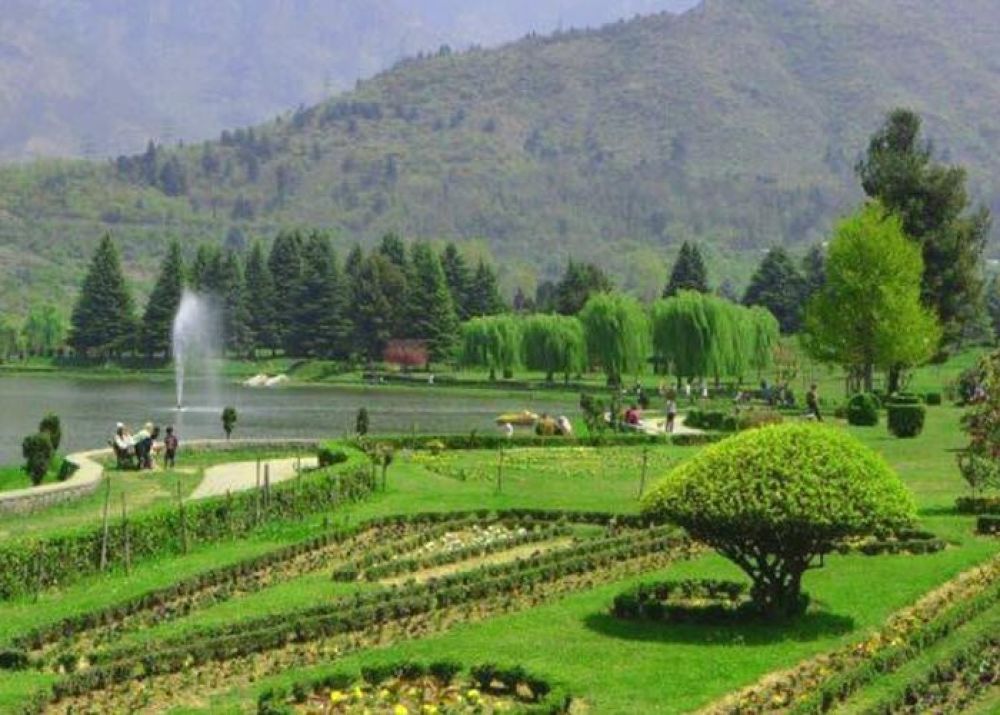

The Nehru Botanical Garden, Rumtek, nestled in the picturesque state of Sikkim, India, is a vibrant spectacle of flora and a haven for nature enthusiasts. Named after Jawaharlal Nehru, the first Prime Minister of India, this garden was established in the year 1975 and has since been a treasure trove for plant lovers and environment advocates.
Initially established to commemorate Nehru's love for nature and plants, the garden has grown into a significant tourist attraction in Sikkim. Sprawling across hectares, it presents a wide variety of flora, including rare orchids and tropical as well as temperate plants. The Garden also shares its boundary with the famous Rumtek Monastery, which further adds to its cultural importance.
Visitors to the garden can bask in the beauty of lush green landscapes and a collection of exquisite plant species. The highlights of the garden include:
Tourism in the Nehru Botanical Garden has seen a steady increase since its inception. Initially visited by botany enthusiasts and those interested in horticulture, its appeal has broadened to include families, photographers, and those seeking a serene environment away from bustling city life. The proximity to Rumtek Monastery has also contributed to its popularity as pilgrims often extend their visit to include the garden.
In recent years, eco-tourism and sustainable travel have been rising, and the Nehru Botanical Garden aligns well with these values. Tourists are now looking for destinations that offer not only beauty and relaxation but also opportunities to learn about environmental conservation. Educational tours for students and nature workshops are becoming increasingly popular in the garden's calendar of events. Additionally, with the current interest in health and wellness, more visitors are drawn to the therapeutic effect of spending time in green, open spaces like the Nehru Botanical Garden.
The garden is open to visitors throughout the year, but the best time to visit is from March to late May, and from September to mid-December, when the weather is most pleasant and the flowers are in full bloom. A nominal entry fee is charged, and guided tours are available to enrich the visiting experience.
In conclusion, the Nehru Botanical Garden, with its blend of natural beauty, cultural significance, and commitment to conservation, remains a cherished destination for many. Whether one is seeking knowledge, peace, or simply an escape into nature, the garden offers an exquisite bouquet of experiences that continues to evolve with the trends in tourism while staying true to its roots.